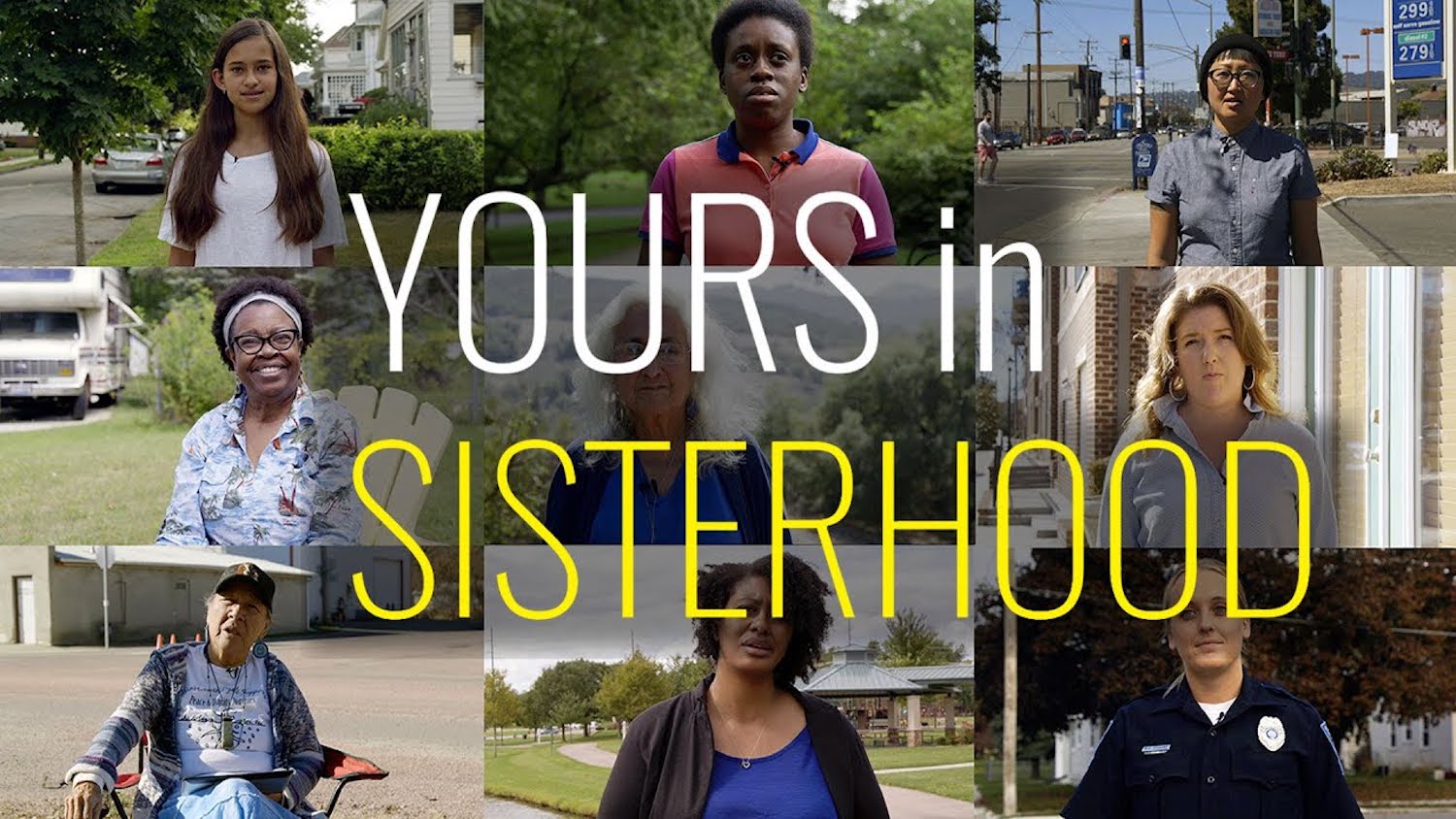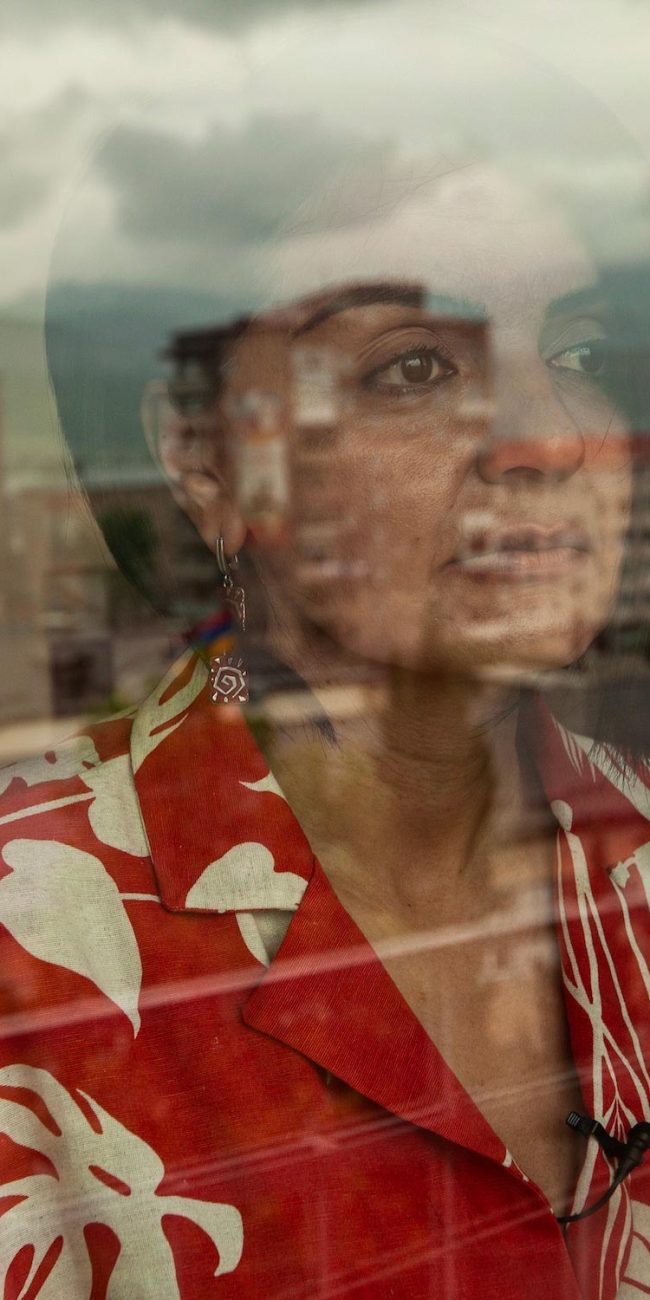
(The 2018 AFI Docs Film Festival ran June 13-17 in Washington D.C. Hammer to Nail lead critic Chris Reed, who also hosts a killer podcast on documentary filmmaking called The Fog of Truth, is at the fest and will be providing his usual excellent reviews and interviews.)
From director Irene Lusztig (The Motherhood Archives) comes a vibrant new documentary, Yours in Sisterhood, about the early days of Ms. magazine, the pioneering feminist publication founded in 1971 by Gloria Steinem and Dorothy Pitman Hughes. Actually, it’s about a lot more than that, but takes as its departure point some of the many unpublished letters to the editor written during the magazine’s first decade, using them to examine America’s fraught relationship to women’s rights at that time (when has that relationship not been fraught?). This was the period of second-wave feminism, and Ms. spoke to a lot of women struggling to find their agency as independent individuals. As such, the movie is a powerful exploration of female empowerment in our society, using the past to meditate on our present.
Why the unpublished letters? It’s a form of anthropological excavation, revealing a heretofore hidden archive of 40-year-old thoughts, like a time capsule bursting with ancient treasures. And yet, not so ancient: while Lusztig’s method mostly consists of having women other than the letter writers – though from the same towns as those writers – read the pieces, in four cases she has tracked down the original authors and asked them to revisit their old opinions. These present-day women are still relatively young, so it reminds us of how recently the creation of a feminist magazine seemed so radical. Then again, given the deeply misogynistic pushback to Hillary Clinton’s 2016 presidential campaign, and the ongoing catharsis of the #MeToo movement, we have definitely not come such a long way (to paraphrase a slogan of the same time period). Perhaps it wasn’t radical enough …
I love how Lusztig films her subjects. With a few establishing shots to set the location, she frames the readers, standing or sitting, often center frame in medium shots (give or take), and lets them proceed at their own pace, sometimes confident, sometimes halting. At first she moves quickly from reader to reader, but then, a few scenes in, pauses post-reading to ask a 14-year-old girl what she thinks of the letter. It’s hear the movie really comes alive, as each woman cogitates with great deliberation, expressing how the letter does (or doesn’t) feel relevant today. Not all letters – and not all readers – come from an expressly feminist point of view, but as a collective whole, by virtue of representing a full array of ideas across a wide spectrum of ideologies, they lend voice to women before now unheard, making the act of speaking a magnificent feminist act, in and of itself.
Though uniquely its own marvelous thing, Yours in Sisterhood recalls, in part, two other documentaries with similar aesthetics and goals. The first is Heddy Honigmann’s beautiful 1996 O Amor Natural, in which the director asks ordinary Brazilians (specifically, people in their sixties, seventies and eighties) to read the erotic poetry of their great national laureate Carlos Drummond de Andrade and then talk about their own sex lives. The result is a deeply humanistic celebration of the joy of life (and yes, of sex). The second is Kathlyn Horan’s 2016 The If Project, where women in prison take a creative writing class as a way to explore the choices that led them down the wrong path. In both movies, we encounter people all too infrequently ignored, hear their thoughts on the human condition, and learn from them. Like those films, Lusztig’s Yours in Sisterhood honors the underrepresented, creating a work of bold, original cinema that is bracing, entertaining and vital.
– Christopher Llewellyn Reed (@ChrisReedFilm)











